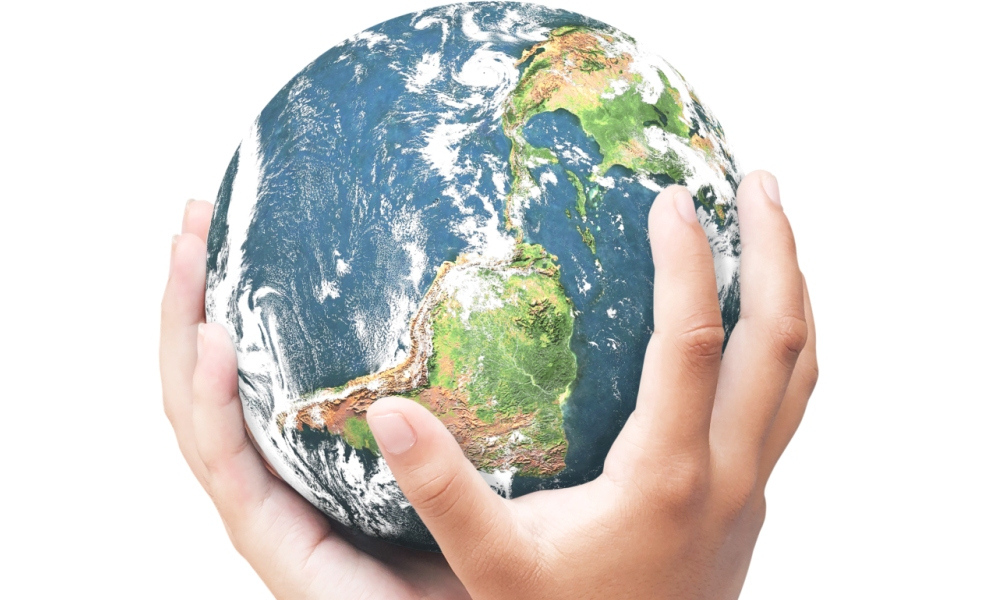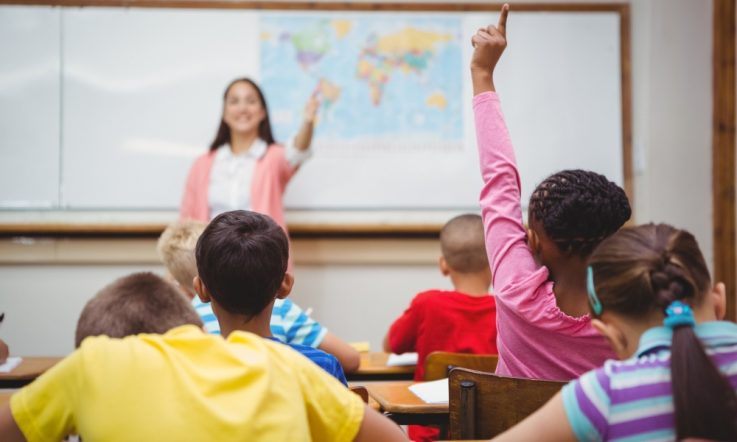A new school year has arrived. What is your personal challenge for 2017? What is your organisation's challenge?
In terms of global challenges, the world continues to develop programs and measures for the new Sustainable Development Goals (SDGs). The United Nations has marked its 2017 observance as the International Year of Sustainable Tourism for Development. Something of a mouthful, and a concept made up of three specific elements: sustainability, tourism and development. Each of these topics on its own is a rich source of educational stimulus, and a focus on sustainable tourism for development lends itself to a range of student investigations.
According to the UN (2015) this year recognises:
‘… the importance of international tourism… in fostering better understanding among peoples everywhere, in leading to a greater awareness of the rich heritage of various civilizations and in bringing about a better appreciation of the inherent values of different cultures, thereby contributing to the strengthening of peace in the world.'
The social, economic and environmental aspects of travel encompass topics such as ecotourism, travel for social good, and education tourism.
Education-related travel services appears consistently in the list of Australia's top five goods and services exports. The number of international students studying in Australia is at record levels, and these students can be a resource for schools and communities to learn about life in their home countries both in terms of tourism highlights and development challenges.
As part of the process of ‘internationalisation' many schools offer sister school partnerships, overseas immersion programs, and host international visitors. Many students take a gap year, or spend a semester studying abroad as part of their school or post-school education, and service associations support student exchange programs. This could be the year to raise awareness of these opportunities for a greater range of students and families, as well as to promote the careers and university courses available in sustainable tourism and development.
Curriculum connections
Of course there are plenty of global education activities that don't require leaving home or school. The importance of learning languages is an obvious connection, and study of sustainable tourism can develop both intercultural understanding and ethical understanding. As part of Humanities and Social Sciences, students might investigate sites of cultural significance that are under threat due to conflict and natural disasters, and design an itinerary to visit the three places of cultural or natural significance that most interest them, and that are most threatened.
There is an active community of teachers working online in the area of global education. Follow the social media hashtag #GlobalEd to pick up collaborative projects that promote cultural awareness and connections through technology.
Assessment of global competence
As an indicator of the growing importance of global education, note the proposed inclusion of an assessment of ‘global competence' in the OECD's 2018 Programme for International Student Assessment (PISA). The OECD (2016) sees global competence as shaped by the principles of equity, cohesion and sustainability, and offers this definition:
‘Global competence is the capacity to analyse global and intercultural issues critically and from multiple perspectives, to understand how differences affect perceptions, judgments, and ideas of self and others, and to engage in open, appropriate and effective interactions with others from different backgrounds on the basis of a shared respect for human dignity.'
The aim is to assess students' knowledge and understanding of global issues, intercultural knowledge and understanding, and analytical and critical thinking, while recognising that students need a practical sense of what these concepts mean for everyday life and opportunities to practice their intercultural skills (p. 18). How well can your students demonstrate the set of skills and attitudes making up ‘global competence'?
- ability to interact respectfully, appropriately and effectively with other people
- flexibility
- empathy
- openness towards people from other cultures
- respect for cultural otherness
- global-mindedness
- responsibility
This year is also the last year of the Second United Nations Decade for the Eradication of Poverty 2008-2017. Perhaps it's a fitting time for students to debate the purpose and impact of UN global observances.
Highlights of 2017
In the Chinese zodiac, 2017 is the year of the rooster. What are some of the key events to add to the classroom calendar and crow about this year?
24 May: National Simultaneous Storytime 2017
At 11am on Wednesday 24 May schools and libraries share the same book at the same time with a goal of encouraging everyone to read and enjoy stories. The story for 2017 is The Cow Tripped over the Moon written by Tony Wilson and illustrated by Laura Wood – a rhythmic, rhyming text about resilience and friendship.
27 May: 50th Anniversary of 1967 Referendum
Aboriginal and Torres Strait Islander peoples won the right to vote in Commonwealth elections in 1962. The 1967 Referendum removed references in the Australian Constitution which discriminated against Aboriginal people. The Right Wrongs project is a collaboration between the ABC and the National and State Libraries Australasia (NSLA) to mark the 50th anniversary of this referendum.
12-20 August: National Science Week
National Science Week will be held Saturday 12 to Sunday 20 August 2017. The school theme is Future Earth, with a focus on sustainability science.
18-25 August: Children's Book Week
The Children's Book Council of Australia's Book Week runs from Saturday 18 to Friday 25 August 2017. The theme this year is Escape to Everywhere, a perfect tie-in to the Year of Sustainable Tourism for Development.
References
OECD. (2016). Global competency for an inclusive world. Retrieved from http://www.oecd.org/pisa/aboutpisa/Global-competency-for-an-inclusive-world.pdf (2.9MB)
United Nations. (2015). International Year of Sustainable Tourism for Development, 2017. Retrieved from http://www.un.org/ga/search/view_doc.asp?symbol=A/C.2/70/L.5/Rev.1
Which significant events and celebrations can you use in your lesson planning this year?
Pru Mitchell asks: ‘How well can your students demonstrate the set of skills and attitudes making up global competence?’ Consider how you’re teaching these skills in your classroom. What strategies do you employ to teach global competence to your students?



